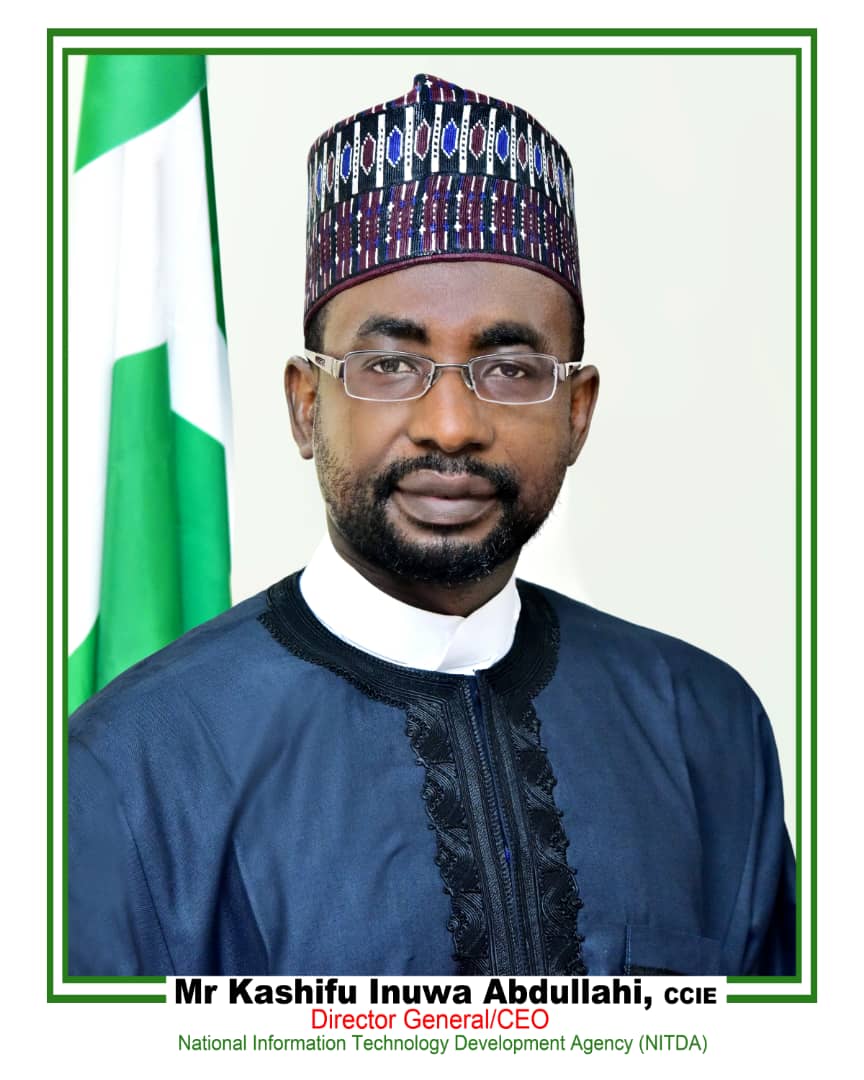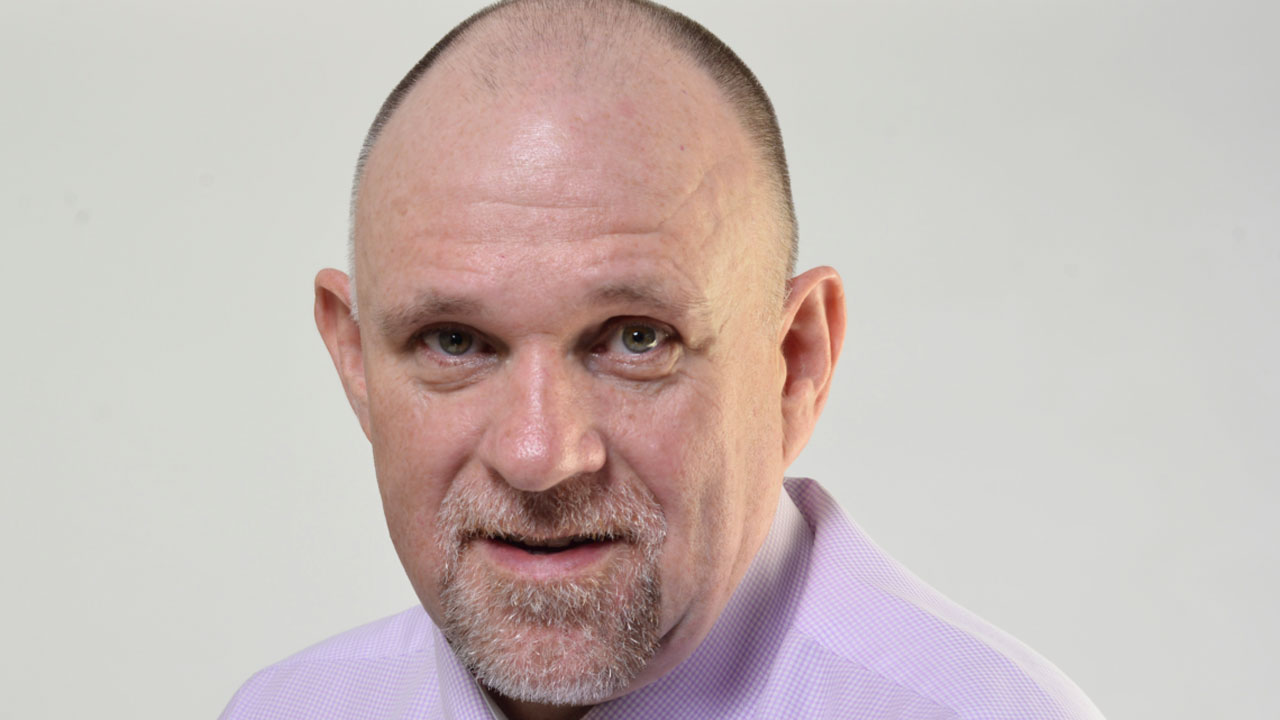Believers’ in evolution have long painted a vision of the revolutionary “smart city”; a gleaming metropolis of clean streets and punctual public transport, where issues of crime, congestion and pollution have been engineered into irrelevance.
Experts believe that building the smart city will be extremely disruptive, but Lanre Kolade, Managing Director of Vodacom Business Nigeria has a different perspective. Kolade explained at the recent Nigerian-South African Chamber of Commerce breakfast meeting that governments do not have to tear down the towns of today to build smart cities which will improve services and the quality of life for their inhabitants. He explained that by using the Internet of Things (IoT) technology, a host of intelligently connected services become possible.
According to Kolade, about 48 percent of Nigerians are living in urban areas and this proportion will continue to grow as urbanisation continues. With the number of people living in urban areas around the world predicted to rise to 6.4 billion by 2050; cities like Lagos need to adopt IoT technology to meet the rising challenges of a mega city. He maintained that governments have a central role to play in making towns and cities run effectively but that with constrained budgets and a growing population; issues such as traffic, pollution, and public safety are becoming more difficult to manage. Authorities must adopt technologies that will improve sustainability, ease congestion, help citizens and attract new businesses to their towns and cities.
An IoT-enabled city can reroute traffic around congestion in real time, automatically schedule repairs for failed infrastructure like street lighting or bridges, and intelligently manage energy use and pollution right across the environment. It can also protect citizens and businesses from crime more effectively, and safeguard vulnerable inhabitants in their homes, Kolade said.
In concluding the meeting, Solomon Ogufere, Commercial Director of Vodacom Business Nigeria said that Vodacom can help governments take control of their energy usage across multiple sites, and smart metres, installed in offices, factories and homes, can collect and report data on electricity, gas, and water use. He also explained that IoT-enabled lights can cut the need for regular engineer check-ups by alerting authorities before they fail.
IoT lights can also detect when there is little or no traffic and turn off or dim individual lamps automatically; saving energy and reducing electricity costs.
Ogufere said that with IoT solutions, refuse collectors will need to make fewer journeys and use less fuel, and authorities can cut the number of refuse trucks they run. He added that IoT tracking devices can be installed on trains or buses to pinpoint their location in real time. If services are running late, IoT systems can automatically update signage at bus stops and train stations, or alert travellers via text message. This ensures users always get the information they need when planning their journeys.
Besides keeping people informed, governments can use IoT data to schedule additional services, amend routes, resolve issues, and meet unexpected demand. With IoT technology, towns and cities in Nigeria can become Smart Cities, creating cleaner, safer and more effective environments for citizens.








